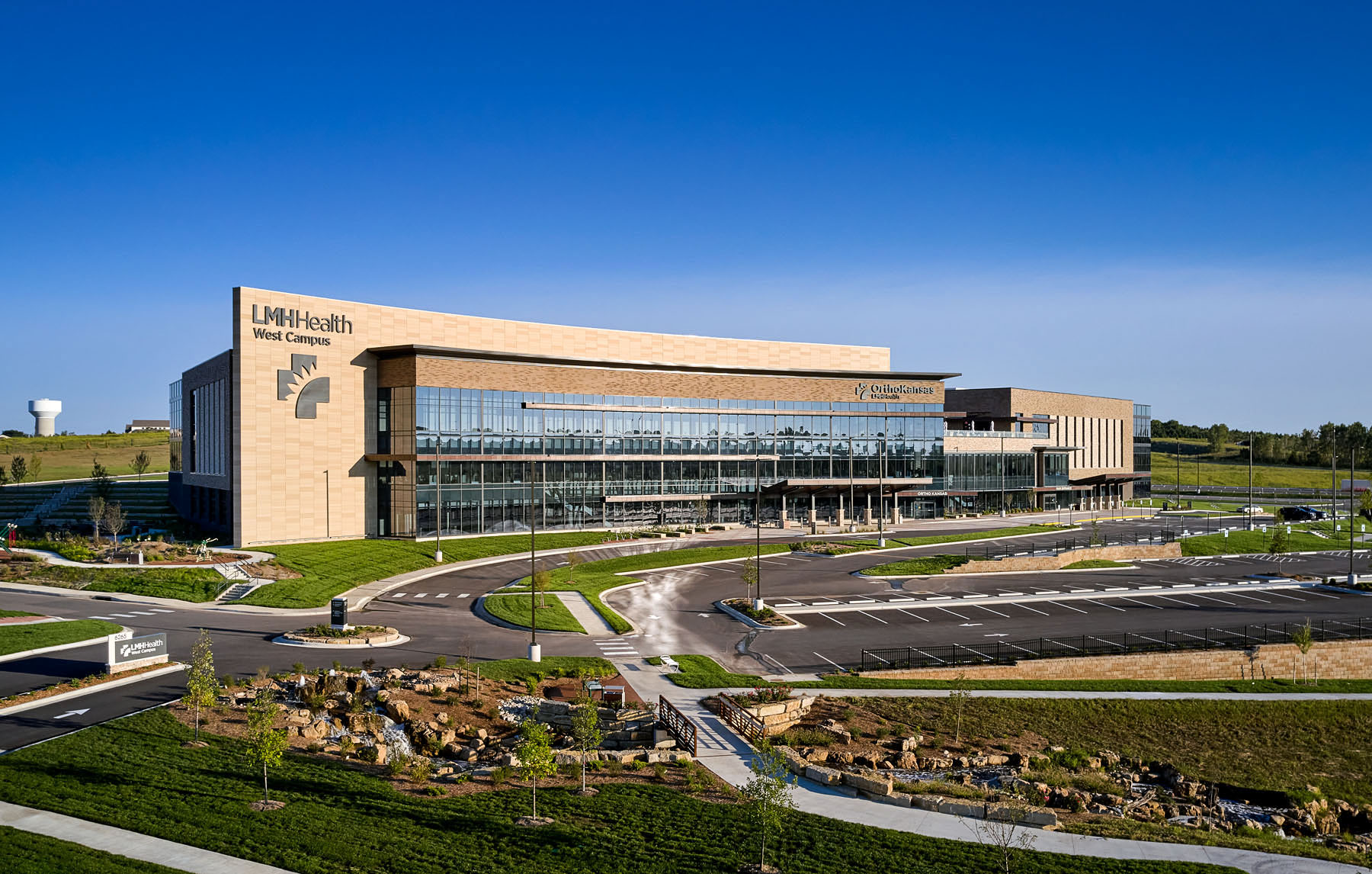Manufacturing panel: Reshoring brings opportunities, challenges to Kansas

Recently, Jamie Bailey, director of client strategy – manufacturing, participated in a panel with the Wichita Business Journal about “How Global Shifts Impact Wichita Manufacturing Businesses”.
$1 trillion in estimated opportunity over the next seven years. According to Keith Prather, managing director at Armada Corporate Intelligence, this is what the U.S. could tap into thanks to the growing momentum behind bringing manufacturing back from overseas.
“We can finally see companies putting their money where their mouth is. We’re seeing that reshoring trend happening,” said Prather, citing that manufacturing construction is the second-fastest growing construction category in the country.
But while reshoring is a great opportunity for Wichita and the state, it is not without challenges, according to a Thursday panel hosted by the Wichita Business Journal and McCownGordon Construction in downtown Wichita.
Around 100 people attended the event at The Vail titled, “How Global Shifts Impact Wichita Manufacturing Businesses.”
As the global supply chain has seen significant disruptions in recent years, U.S.-based and international companies have been increasingly considering moving manufacturing back to the U.S.
Prather said a host of factors are behind this — including the Covid-19 pandemic and China’s “Covid Zero” policy, the war in Ukraine and severe drought in parts of the world — and cited a survey of global supply chain managers finding that 69% are likely, somewhat likely or very likely to shift some sourcing to the U.S.
According to Prather, south-central Kansas and the I-35 corridor have multiple components conducive to reshoring manufacturing compared to other U.S. regions. That includes “generally favorable distribution, energy and water supply access, favorable tax structures and a more accommodative regulatory environment.”
Wichita has already seen the impacts of middle America as a more attractive place for industrial operations and has been working to meet the demand for warehouse space that remains high in the area, real-estate professionals have said.
The ICT21 industrial district announcing its first tenant in August, Pennsylvania-based JTM Foods, and Overland Park’s Aspen Funds planning to build the largest speculative industrial warehouse seen thus far in Wichita at Ironhorse Industrial Park are two recent examples of progress that taps into the city’s speculative warehouse incentive program.
Jeff Willis, director of the international division at the Kansas Department of Commerce, highlighted multiple state-level incentive programs that can help Kansas capitalize on the reshoring trend.
“There’s a lot going on, and there’s a lot available,” said Willis, mentioning the Promoting Employment Across Kansas program, High Performance Incentive Program and the Attracting Powerful Economic Expansion program, among other incentives, and encouraging businesses to reach out with ideas and questions.
While the positive economic impact can be large, landing a huge facility — like DeSoto, Kan. bringing in a $4 billion electric vehicle battery plant — can cause strain on an area’s housing, lodging and overall infrastructure, the panel noted.
“At peak construction you could have 1,000 individuals on site. So you got to make sure you have the right hotel infrastructure and additional capacity,” said Jamie Bailey, McCownGordon’s director of client strategy — manufacturing. “You got to make sure there are amenities in the community so that the project can be seamless and the contractors and subcontractors can be taken care of.
There are also labor issues with landing sizable manufacturing projects in Kansas, a panelist said.
Brett Robinson, president and CEO at Integra Technologies, said Kansas runs into significant challenges competing with the coasts and mountainous U.S. regions for talent in his semiconductor industry.
“There’s not a lot of high-tech, high-skilled labor here. We end up either having to grow it, which takes a lot of time, or bring it in,” he said.
Robinson added that he is having productive engagement with Wichita State University, WSU Tech and the Kansas Board of Regents on addressing the issue.
“It’s also a national problem. There’s a lack of semiconductor education happening in our engineering programs across the country,” he said.




